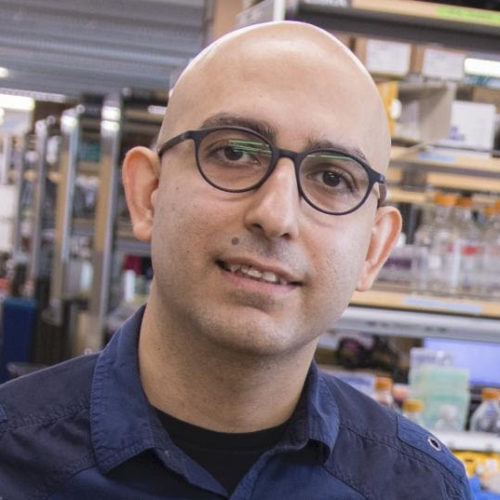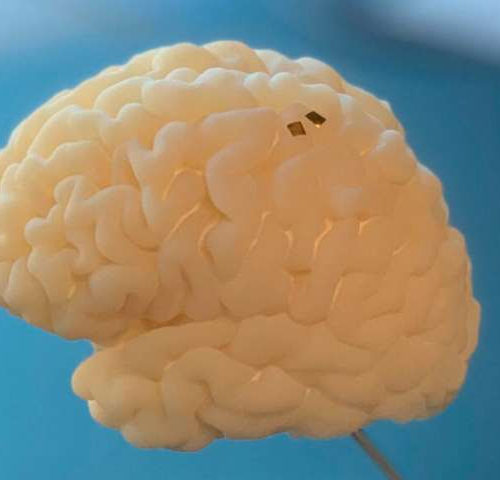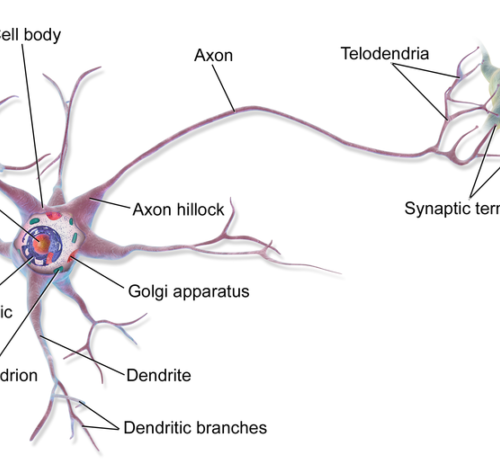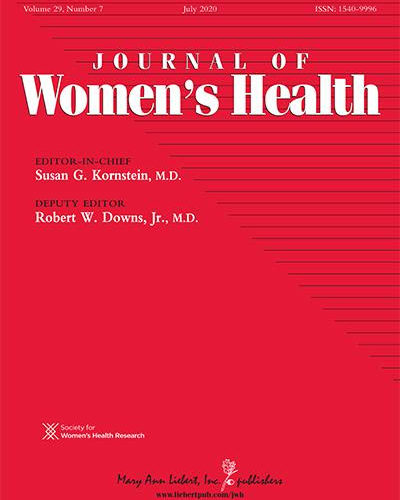by Mayo Clinic Credit: Artem Podrez from Pexels Mayo Clinic’s Center for Individualized Medicine has achieved a significant milestone with its Tapestry study, generating the clinic’s largest-ever collection of exome data, which include genes that code for proteins—key to understanding health and disease. Led by Konstantinos Lazaridis, M.D., the study analyzed DNA from over 100,000 participants from diverse...
Tag: <span>Biomedical</span>
Researchers develop GPT-4-based simulator for biomedical research
by Medical University of Vienna Biology and Medicine (2024). DOI: 10.1016/j.compbiomed.2024.108796The artificial intelligence (AI) model GPT-4, known from its application in ChatGPT, shows impressive capabilities in biomedical research and can be used in many ways for simulations. A simulator developed at MedUni Vienna and based on GPT-4 shows increased accuracy in classifying the importance of...
Biomedical engineers find neural activity during rest is highly organized
by Mariah Chuprinski, Pennsylvania State University Biomedical engineering researchers discovered that during rest, individual neurons fire in organized cascades, triggering activity across the brain. Here, the spiking activity of five individual neurons is shown in a section of a mouse brain. Credit: Xiao Liu When mice rest, individual neurons fire in seconds-long, coordinated cascades, triggering activity across...
Researchers study biological roots for adolescent risk-taking
by Karen B. Roberts, University of Delaware As any parent will tell you, no two children behave in exactly the same way. It is part of what makes each individual unique. So, why do some adolescents take more risks than others? University of Delaware Biomedical Engineer Curtis Johnson and graduate student Grace McIlvain think they...
Editing the immune response could make gene therapy more effective
ASSOCIATE PROFESSOR OF PATHOLOGY, MEMBER OF THE PITTSBURGH LIVER RESEARCH CENTER AND THE MCGOWAN INSTITUTE FOR REGENERATIVE MEDICINE view more CREDIT: UNIVERSITY OF PITTSBURGH PITTSBURGH, Sept. 3, 2020 – Gene therapy generally relies on viruses, such as adeno-associated virus (AAV), to deliver genes into a cell. In the case of CRISPR-based gene therapies, molecular scissors...
New research offers hope for treating Parkinson’s disease
Reviewed by James Ives, M.Psych. (Editor) The American Academy of Neurology (AAN) has published, on August 12, the results of a research project conducted jointly by Cardiocentro Ticino and the EOC Neurocentro, which delivers a message of hope in the fight against Parkinson’s disease, as well as providing encouraging news for the USI Faculty of...
‘Reelin’ in a new treatment for multiple sclerosis
Depleting key protein could protect against conditions marked by chronic inflammation UT SOUTHWESTERN MEDICAL CENTER ANTI-REELIN IS A THERAPEUTIC APPROACH THAT SELECTIVELY TARGETS THE VASCULAR BARRIER, BLOCKING INFILTRATION OF INFLAMMATORY CELLS, DEMYELINATION AND, CONSEQUENTLY, PARALYSIS. view more CREDIT: UT SOUTHWESTERN MEDICAL CENTER DALLAS – Aug. 12, 2020 – In an animal model of multiple sclerosis...
How thoughts could one day control electronic prostheses, wirelessly
by Tom Abate, Stanford University A current neural implant that uses wires to transmit information and receive power. Credit: Sergey Stavisky Stanford researchers have been working for years to advance a technology that could one day help people with paralysis regain use of their limbs, and enable amputees to use their thoughts to control prostheses...
Neurons are genetically programmed to have long lives
When our neurons — the principal cells of the brain — die, so do we. Most neurons are created during embryonic development and have no “backup” after birth. Researchers have generally believed that their survival is determined nearly extrinsically, or by outside forces, such as the tissues and cells that neurons supply with nerve cells....
Using a cardiovascular risk screening tool in women during routine gynecology visits
MARY ANN LIEBERT, INC./GENETIC ENGINEERING NEWS JOURNAL DEDICATED TO THE DISEASES AND CONDITIONS THAT HOLD GREATER RISK FOR OR ARE MORE PREVALENT AMONG WOMEN, AS WELL AS DISEASES THAT PRESENT DIFFERENTLY IN WOMEN view more CREDIT: MARY ANN LIEBERT, INC., PUBLISHERS New Rochelle, NY, July 20, 2020–A new study has shown that although 86% of...







